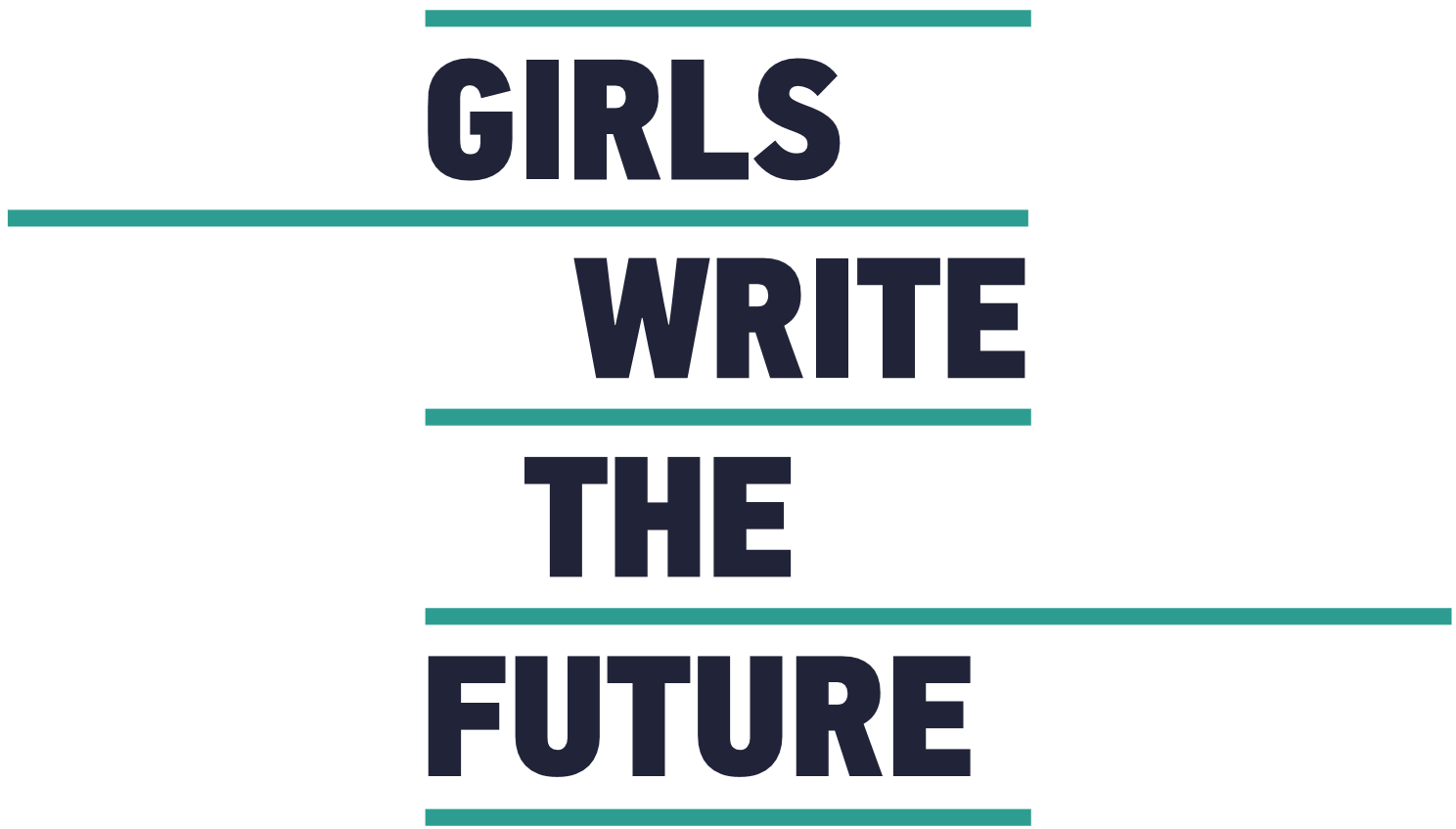Our Mission
Our mission is to achieve gender equality in education.
Despite the widespread acceptance of gender equality in principle – and the advancement of political and civil rights for women in many countries – full equality has not yet been achieved.
The full and equal participation of women in all spheres of life is essential to economic growth, the abolition of war and ultimately the establishment of a peaceful world. Gender equality is therefore a crucial part of human development and prosperity.
The education of girls is particularly important because, although both parents have responsibilities for raising children, it is through educated mothers that the benefits of knowledge can be most effectively spread throughout society.
In some parts of the world, fewer than 10% of all girls are enrolled in school. Too many young girls are forced to stay home to cook, clean and get married, often as children. According to some estimates, there are up to 130 million girls out of school worldwide. The situation is especially bad in sub-Saharan Africa, where over 30 million girls are out of school — that’s more than triple the population of Sweden.
The denial of education to half of the world’s population is a major impediment to the progress of humanity. This inequality cannot be justified on moral, biological, or cultural grounds.
We believe that gender equality in education is the first step towards equality across society.
The Socio-economic case for gender equality in education
There are huge social and economic benefits to gender equality in education. Here are just a few:
Educating women makes the world a wealthier place. Educated women in the workplace could increase the global GDP by up to 26% ($28 trillion!)
Educating women reduces the frequency of child marriage. If all women had a secondary education there would be two thirds fewer child marriages.
Educating women reduces infant mortality. If all women had a secondary education, child deaths would be cut in half, saving around 3 million lives yearly.
Educated women contribute more to the economy. Increased gender equality in education made up over 25% of OECD countries’ economic growth since 1960.
Educated women are less likely to die in childbirth. If every woman in sub-Saharan Africa completed primary education, maternal deaths would be reduced by 70%, saving almost 50,000 lives per year.
The facts go on. They all share the same message: gender equality is crucial for humanity’s progress. The first step is to empower girls with an education.
“Until woman and man recognise and realise equality, social and political progress [...] will not be possible.”
“I am an example of what is possible when girls from the very beginning of their lives are loved and nurtured by people around them.”
Students and teachers dancing at St Cecilia’s Orphanage, Zambia.

